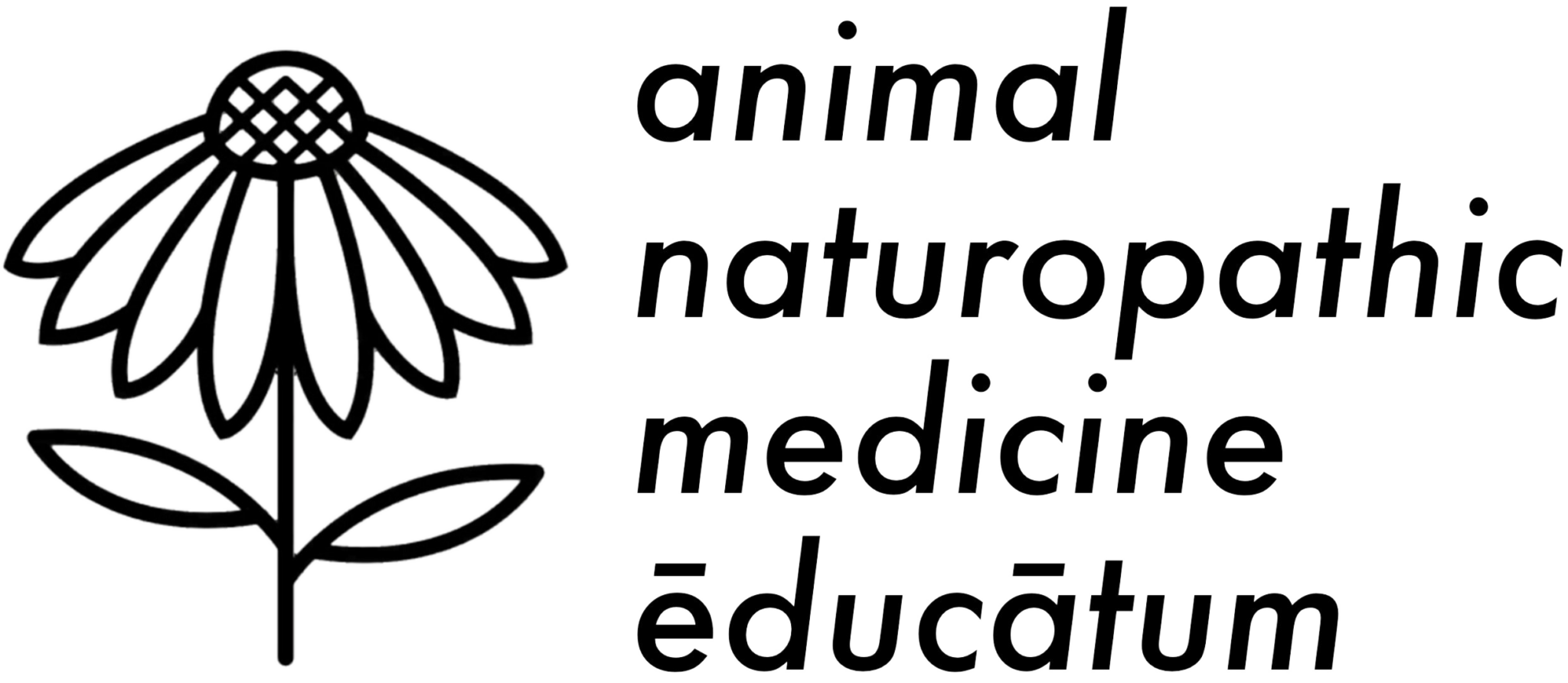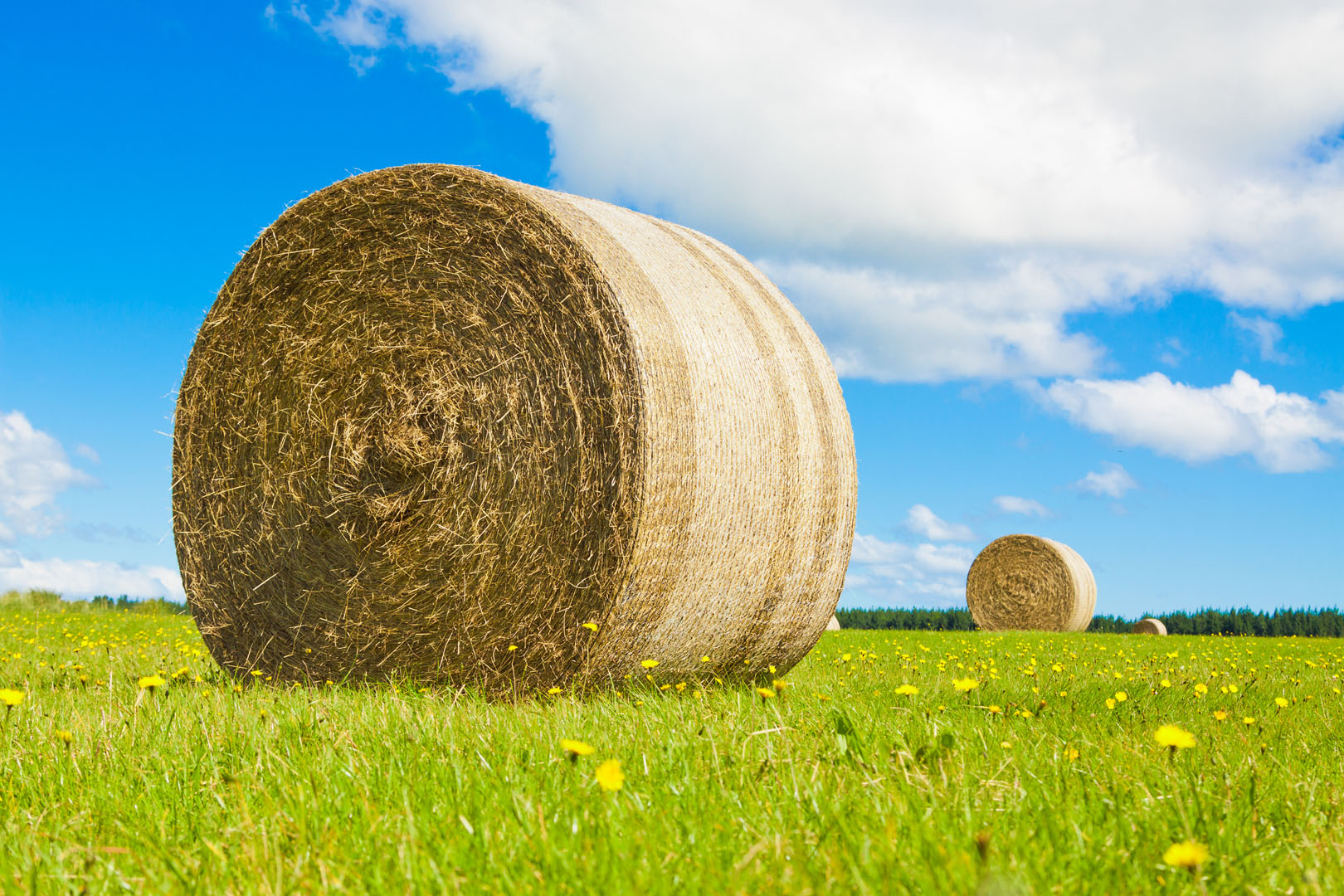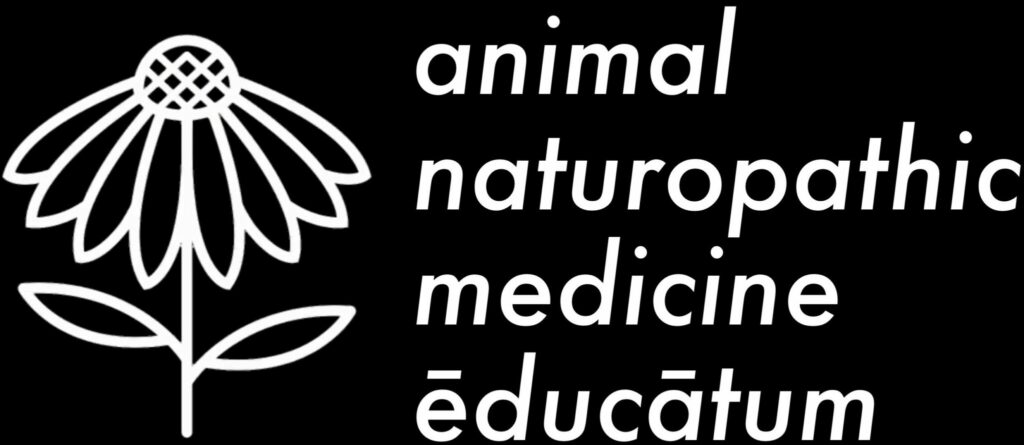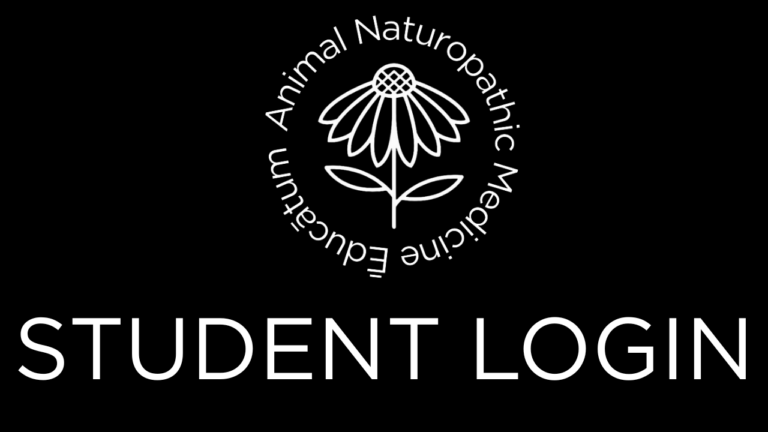Leslie Williamson of the Senior Lecturing team, answers a FAQ’s about the combined relationship of Equine Nutrition and Pasture Management.
Why is Pasture Management important for Equine Nutrition?
We often get asked this question by horse owners, as well as students studying Equine Biological Nutrition. The pasture importance within the nutritional health of the horse depends on where you live and how you have to house your horse.
We must not forget that the horse is designed to roam eating and foraging through a variety of grass species, the optimisation of the digestive process converting nutrients into energy is best utilised by this natural form of roughage (fibre) known as ‘carbohydrate’. Carbohydrates are the number one source of energy for herbivorous species, such as the horse.
The stomach of the horse although small allows for continuous eating, the small and large intestines is where the digestion of protein, fats, carbohydrates along with the nutrient uptake of minerals and vitamins takes place. Once you understand the digestion processes from start to finish, the importance of pasture and what to add to their diet all becomes a lot simpler.
The horse is known as a trickle feeder, that is designed to chew for up to 20 hours per day if necessary due to the muscles in a horses’ jaw being extremely powerful. The walls of the digestive tract are smooth muscles, and like all muscles, work their best when the body’s function of walking and foraging is being stimulated. When a horse has the choice to eat and move around grazing and browsing in its environment, it does so instinctively to aid in the natural digestive processes. When this evolutionary aspect of their existence is suppressed, digestive upsets can be presented in a variety of habits and mannerisms to try and mimic what their natural bodily functions normally require.
Taking into account other factors about your horses’ requirements will include age, sex, breed, height, weight and exercise regime. It is only then, that you can ensure the nutritional requirements are being met and adjusted as required throughout each of the seasons and understand the importance of not doubling up on too many purchased feed sources that ultimately end up in the paddock as expensive excreted waste.
When it comes to looking at the nutrition of horses, Pasture Management without a doubt plays an important role in the life and management of all horses. An available and well-managed pasture is a highly valuable source of nutrition. Horses can spend either all, or none of their time in a paddock and some paddocks can be overstocked, never rested and infested with internal weeds and parasites; therefore, for a strictly herbivore species evolved to eating pastures for millions of years, how may this affect the horse nutritionally?



